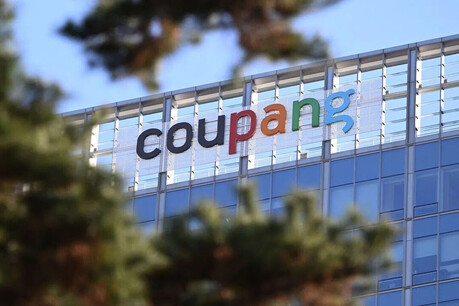
(C) PYMNTS.com
SEOUL — As the decision day nears for Google's demand to export high-precision map data from South Korea, the focus is shifting from the widely-expected "denial" to the necessary institutional reforms. Experts and the political sphere are now emphasizing the urgent need for follow-up measures to safeguard national security and data sovereignty against future similar requests, and to prepare a soft landing strategy in the event of an approval.
Call for Higher Status for Consultative Body and Legal Clarity
The National Assembly Research Service (NARS) recently issued a report advocating for significant upgrades to the current system. NARS proposes elevating the Consultative Body on Overseas Export of Survey Results to the Vice-Ministerial level and placing it directly under the Prime Minister's Office.
The current body, chaired by the President of the National Geographic Information Institute (NGII), is composed primarily of officials at the Director level (Grade 4 or higher).
NARS argues that its current status is too low given the profound security and economic ripple effects of its decisions, such as the export of $1:5,000$ scale high-precision maps.
Furthermore, NARS stresses the importance of codifying the specific standards for map data export permits into law. Key points of contention, such as blurring security facilities, deleting coordinates, requiring domestic server setup, and implementing post-management measures, should be clearly stipulated in the Act on the Establishment and Management of Spatial Data and its subordinate statutes. This would increase predictability for foreign companies seeking permits and minimize social conflict by providing a clear legal basis.
Legislative Efforts: Mandatory Domestic Data Centers
Currently, the export of high-precision maps is governed by the Spatial Data Act, which requires permission from the Minister of Land, Infrastructure and Transport after consultation with related agencies via the Consultative Body. A major concern is the body’s non-disclosure of meeting minutes, which effectively blocks public oversight.
In response, a legislative amendment to the Spatial Data Act has been proposed:
Restriction of Export Scale: The bill would limit the export scale to $1:25,000$ or smaller.
Mandatory Domestic Data Center: Exporting data with a smaller scale (higher precision) would mandate the installation of a domestic data center and implementation of security measures.
Transparency: It would also require the Consultative Body to document and disclose its meeting minutes.
This proposed amendment is currently under review by the Land, Infrastructure and Transport Committee.
Google's Stance: While Google has agreed to one of the government’s conditions—blurring sensitive facilities—it has remained silent on the critical requirement for domestic data center installation. There has also been controversy over whether the government or Google should be primarily responsible for the blurring process.
The Need for a Soft Landing Strategy
Academics are voicing concerns that the potential approval of the map data export, which transcends a simple trade issue and touches on national defense and security, requires a soft landing strategy. This strategy would minimize the impact on both security and the domestic spatial data industry, which is crucial for future technologies like autonomous driving and digital twins.
An expert from the Korea Research Institute for Human Settlements highlighted the need for a societal consensus on cost-sharing for the soft landing, drawing an analogy to the compensation provided in the US during the introduction of robot taxis.
The vice president of the Korean Society for Geospatial Information warned that if Google offers near-free map services through APIs (Application Programming Interfaces) to domestic small- and medium-sized enterprises, it could lead to a monopoly. If Google were to later switch to a paid model, the entire national location system could become dependent on Google.
The looming decision underscores a critical juncture for South Korea as it grapples with balancing the needs of global tech companies with the imperative to protect its national security and technological sovereignty.
[Copyright (c) Global Economic Times. All Rights Reserved.]





























